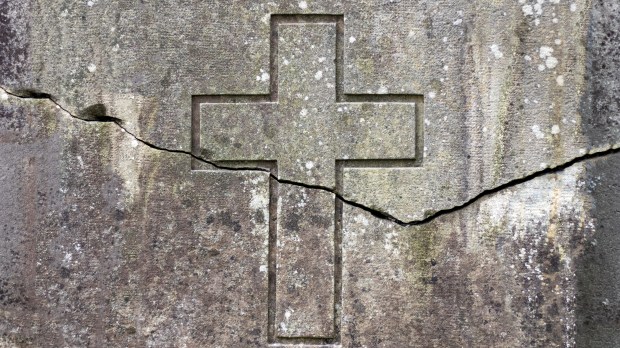A new examination of religious persecution in Europe is drawing attention to attacks and discrimination against Christians in five prominent EU countries. The report, “Under Pressure: Human Rights of Christians in Europe,” is the product of a two year study by the Observatory on Intolerance Against Christians in Europe (OIDAC).
Data accumulated by OIDAC from 2019 and 2020 has shown that five historically Christian countries are now the most likely to infringe on Christian’s freedom of belief. The nations identified were France, Spain, Germany, the United Kingdom, and Sweden.
The 71-page report further found that anti-Christian hate crimes have risen throughout Europe by 70%, in the last two years. Although anti-Christian sentiment is on the rise throughout the continent, the five listed nations showed the most prevalence. France and Germany were found to have the most occurrences, but the instances were the most severe in France and Spain. The report suggests this is “due to a reactionary form of secularism.”
The two main “threatening dynamics” that affect Christian life were identified by the research as secular intolerance and Islamic oppression. Of the two, secular intolerance is the most driving element. The report suggested that one factor contributing to secular intolerance is a growing religious illiteracy, or ability to understand a faith that is not your own.
Islamic oppression, on the other hand, is a bit more isolated. The report noted that in some hotspot areas, Christian converts have become a very vulnerable group. The OIDAC suggests that data indicates that many converts face intolerance and even violence from their former religious communities. They note, however, that little research has been undertaken into their situation and their plight is often ignored by authorities.
The five listed countries were also found to have problems concerning the protection of freedom of speech and the right to conscientious objection. In the UK, there has been a growing trend of prosecuting religious speech as “hate speech.” Rates of such legal proceedings are lower in the other four nations, but in these Christians have reported more attention to “self-censorship.”
During the ongoing COVID-19 pandemic, churches were found to have been repeatedly discriminated against in the five named countries. This was seen to a lesser extent in other European countries, where the general trend was toward denial of religious freedom. It came in the form of unproportionate blanket bans on worship, and downgrading religious practice as non-essential.
The report concludes that there is an urgent need for more research into the matter. The OIDAC noted that “religion is a social reality” and one that is imperative to a “stable and healthy” society.
According to Catholic Register, Regina Polak, an expert on the sociology of religion and one of the minds behind the report, said in a press conference:
“This is a call for comprehensive action: first of all, supporting victims, promoting awareness-raising measures and research.”


